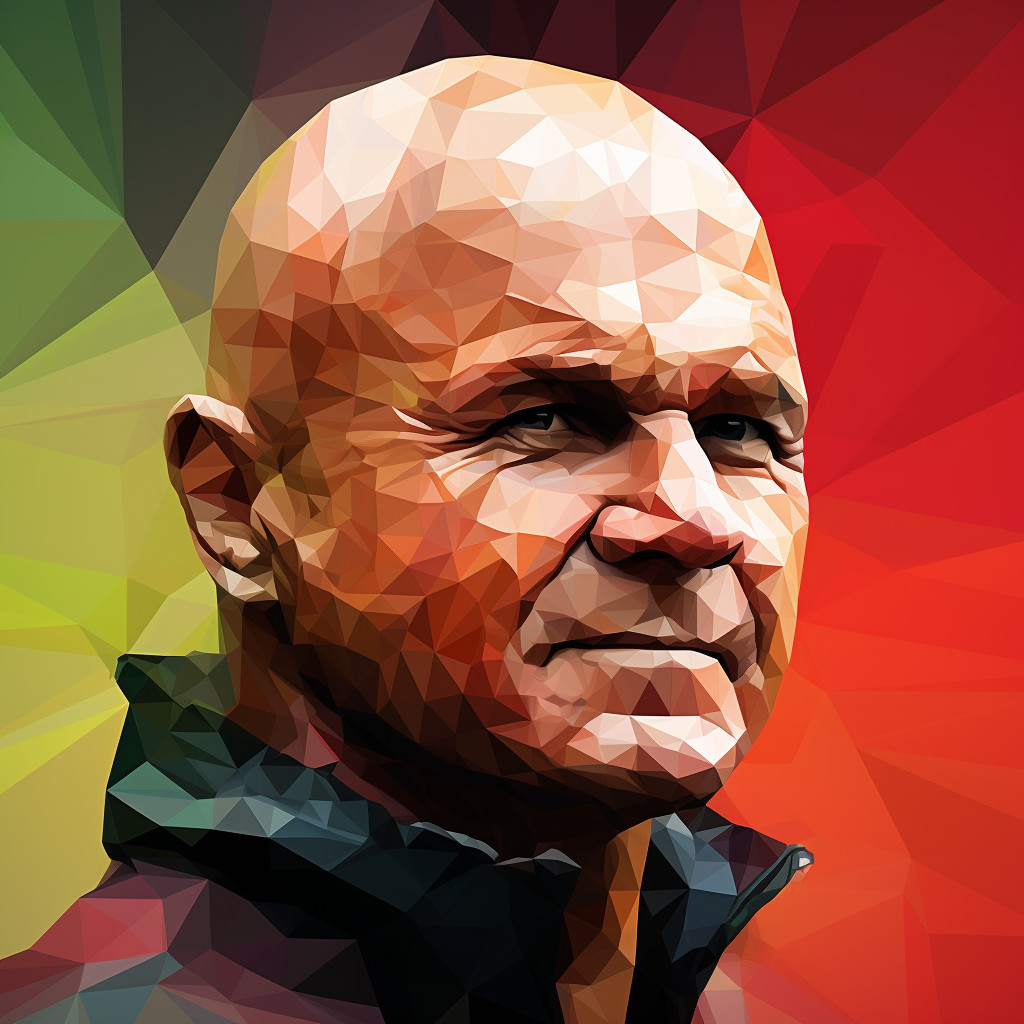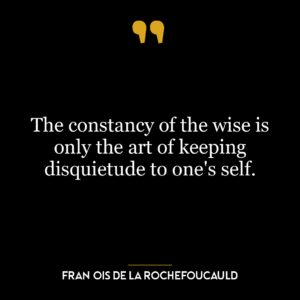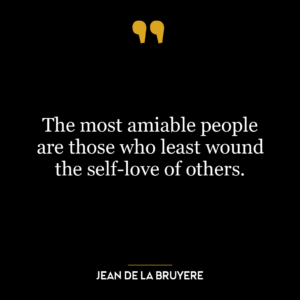This quote suggests that the divine or sacred is not something external or distant, but rather something that resides within us. It implies that the highest, most profound aspect of our being is our divine self, our inherent connection to the divine or God. This is not about a particular religion or belief system, but rather a universal spiritual concept that transcends specific doctrines or dogmas.
The "highest place" could be interpreted as our highest potential, our best self, or the part of us that is capable of unconditional love, compassion, wisdom, and peace. This divine self is not influenced by our ego, fears, or societal conditioning. It is our true essence, our core, our soul, or spirit.
This idea can be applied in today’s world and personal development in various ways. Firstly, it encourages us to look within for guidance, wisdom, and peace rather than seeking it externally. This could involve practices such as meditation, mindfulness, or self-reflection, which help us connect with our inner divine self.
Secondly, it suggests that we all have the potential to cultivate divine qualities such as love, compassion, and wisdom. This can inspire us to strive for personal growth and transformation, to become the best version of ourselves.
Lastly, it implies that we are all interconnected at a divine level, which can foster a sense of unity, empathy, and mutual respect. This can encourage us to treat others with kindness and understanding, and to contribute positively to our communities and the world.
In essence, recognizing and connecting with our divine self can empower us to lead more fulfilling, meaningful, and altruistic lives. It can also foster a sense of inner peace and contentment, as we realize that we are inherently divine and connected to a greater whole.








